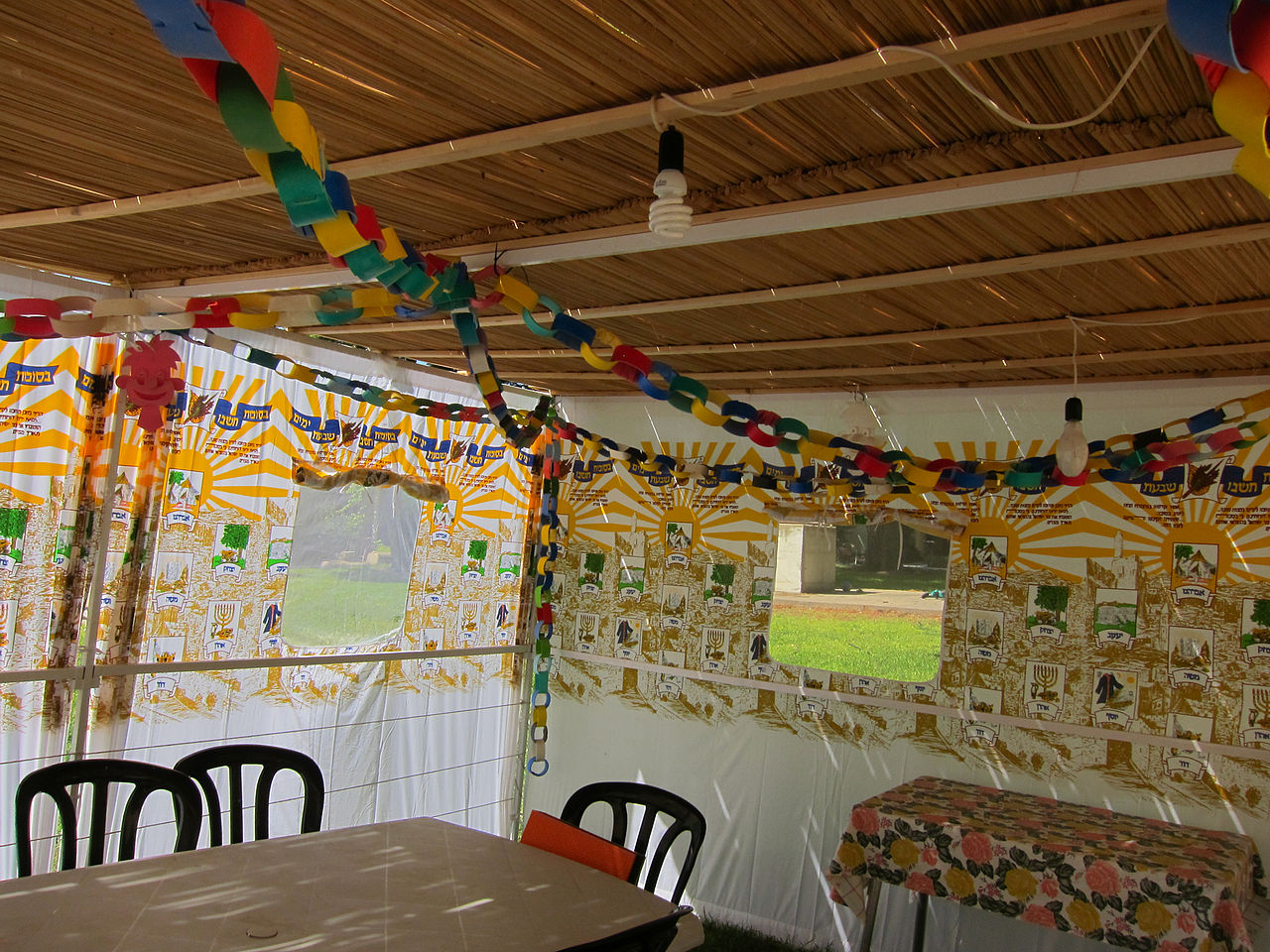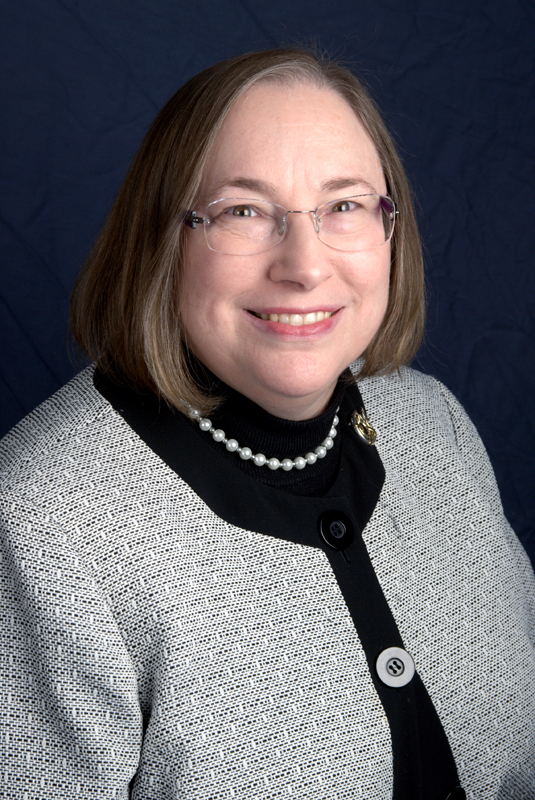
Sukkot marks a transitional moment in the cycle of our Jewish year as we move from our somber reflections during the Days of Awe to our celebrations of Sukkot and Simchat Torah. We shift from a period of introspection, a focus on our innermost selves, to a time of turning outward and re-entering the world around us. The metaphysical work of our souls complete, we now turn to the physical work of our hands as we build our Sukkot and enter a very communal and earth-bound phase of our annual cycle.
As a reminder of our homeless wandering in the wilderness of Sinai, we are commanded to build our Sukkot sturdy enough to withstand the wind, yet vulnerable enough to blow over in a storm. We intentionally place ourselves at the mercy of the elements; for one week during the year we are commanded to put ourselves at risk; to experience, in a small way, what life is like without a solid roof and sturdy walls to protect us.
Sadly, throughout the world, many communities are struggling to recover from the vicissitudes of nature during this season. The victims of hurricanes in Texas, Florida, and Puerto Rico and earthquakes in Mexico know how vulnerable we truly are; they know that the foundation of our daily lives – indeed, even our very lives -- can be washed away in but a moment. For them, the lack of shelter is no metaphor, but rather an excruciating, devastating, grueling reality. The visual images of destruction are startling, and may give us a sense of the scope of these disasters. But they may not reveal the depth of the destruction. It is difficult to imagine the sense of loss a person must feel after losing their community, their loved ones and neighbors, and every ‘thing’ that grounded them and made their residence a home – family heirlooms, photos, memorabilia and so much more.
It is customary to invite guests into the sukkah to share a meal and enjoy our temporary home. This year, let us invite all these vulnerable people into our sukkot and into our hearts. Perhaps inspired by our own experience in temporary, vulnerable shelters, we may become more sensitive to, and more aware of, the daily reality of those who struggle to live each day without the security of home of their own.
In the wake of these human crises, we can be proud of the way the Reform Movement and our WRJ affiliates have mobilized to provide support to our own affected communities as well as others. The resilience of those who are rebuilding their communities is inspiring, yet they are relying on us to help.
We can make a difference.
- Make a contribution. Consider these organizations that work in partnership with the Reform Movement:
- Volunteer. Nechama: Jewish Response to Disaster, is mobilized for rebuilding efforts in Texas and Florida. They accept volunteers with no prior experience (over 14 years of age).
- Be an Advocate. Support efforts to assure the necessary governmental funding and special programs to assist recovery efforts.
During Sukkot, as we metaphorically and temporarily experience the vulnerability of life at the mercy of nature, let us be inspired to provide shelter from life’s storms to others in need.
Chag Sameach.
Elements of this message appeared previously on Ten Minutes of Torah in response to prior natural disasters.
Related Posts

Continuing to Educate and Empower People Together

My Challah-Making Experience


